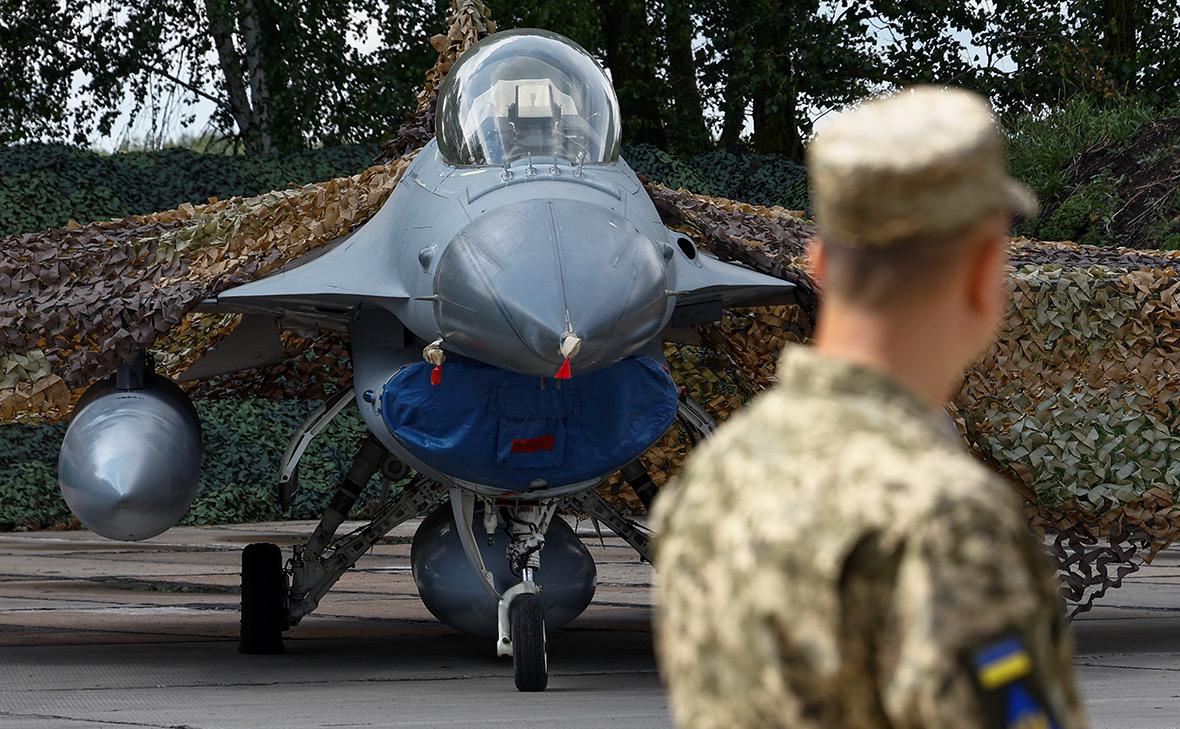- Avionics upgrades and mission system modernization
- Training for pilots, engineers, and ground crews
- Spare parts and maintenance tools
- Classified and unclassified software for mission planning and execution
- Technical/logistical support from defense giants like Lockheed Martin, BAE Systems, and AAR Corporation
- Denmark delivered the first 19 of its pledged 19 F-16s.
- The Netherlands, Norway, and Belgium are providing jets, equipment, and training.
- Norway contributed $118.8 million via the U.S. JUMPSTART program for spare parts.
- The Netherlands pledged €80 million for maintenance and logistics.
- NATO interoperability and data sharing
- Advanced avionics and weapons systems (AMRAAM, JDAM, GBU-39)
- Tactical flexibility and rapid deployment capabilities
The U.S. strengthens Ukraine’s air shield: F-16s equipped with cutting-edge technology and extensive support

On May 2, 2025, the U.S. State Department approved a major $310.5 million military support package for Ukraine. It includes equipment, upgrades, training, and technical support to keep Ukraine’s fleet of F-16 fighter jets mission-ready. According to the Defense Security Cooperation Agency (DSCA), this move reflects Washington’s strategic commitment to strengthening a key European partner’s air defenses.
F-16s for Ukraine: not just jets, but a new level of warfare
The arrival of U.S.-made F-16s – proven, flexible multirole aircraft – marks a turning point in Ukraine’s transition away from Soviet-era MiG-29s and Su-27s. Ukraine is receiving not only the aircraft (mainly Block 15/20 Mid-Life Update variants from European allies) but also everything needed for full-scale operations: spare parts, software, and comprehensive training.
The package includes:
A key component is the Joint Mission Planning System (JMPS), allowing for precise and integrated coordination of missions – an essential step toward Ukraine’s full integration into NATO operations.
Spare parts from the aircraft “boneyard” and a global coalition
In parallel with the official sale, the U.S. has begun withdrawing retired F-16s from the so-called “boneyard” in Arizona (AMARG) to cannibalize them for parts. These components are critical for keeping Ukraine’s fleet flying, especially as its airbases remain under constant missile and drone attack.
This support is now a coalition-wide effort, launched in 2023 under the “fighter coalition” framework:
Why it matters: F-16 vs. Su-35
While Russian Su-35s and MiG-35s boast more thrust and payload, the F-16 excels in:
For Ukraine, this means the ability to strike precise targets and intercept enemy missiles or drones—a significant upgrade in modern aerial combat.
Not just hardware – people make the difference
One of the most important aspects of the deal is training. Ukrainian pilots and engineers have been training in the U.S. and Europe since 2023. The newly approved package deepens that effort, with a focus on weapon deployment, tactical operations, and NATO-style mission execution.
Example: GBU-39 bombs can hit targets over 100 km away, staying outside enemy air defense zones. But such tools require well-trained personnel to be effective.
Ukraine aims for sustainability
This is a commercial purchase, not a donation – demonstrating Ukraine’s intent to manage its own defense needs long-term. But a key question remains: Can Ukraine eventually develop the infrastructure to maintain its F-16 fleet independently?
Not yet – but the combination of new equipment, training, and cooperation with NATO partners is laying the groundwork. If Ukraine can overcome logistics and personnel challenges, the F-16 may not just symbolize Western support – it could become a real game-changer in Ukraine’s air war with Russia.
Singh Bhagat
Military expert, researcher
 Latest news
Latest newsGreece Plans to Exclude Turkiye from Future Defense Contracts
20.Feb.2026
U.S.-Based Mars Launches Major Investment Project in Kazakhstan
20.Feb.2026
Parliamentary Elections 2026 in Armenia as a Geopolitical Referendum
20.Feb.2026
Russia and Ukraine Fail to Reach Agreement in Geneva
19.Feb.2026
The South Caucasus in U.S. Foreign Policy: Implications of High-Level Visits for Russian and Chinese Regional Aspirations
18.Feb.2026
Ukraine Imposes Personal Sanctions on Belarusian President Alexander Lukashenko
18.Feb.2026
72% Against the Authorities: Economic Dissatisfaction Hits Record Levels in Turkiye
17.Feb.2026
Bulgaria Strengthens Defense: First American Stryker Vehicles Delivered
17.Feb.2026
Moscow Criticizes Plans to Build a U.S.-Backed Nuclear Power Plant in Armenia
16.Feb.2026
Washington expects Tbilisi to strengthen ties amid regional changes
15.Feb.2026

 28 Feb 2026
28 Feb 2026









